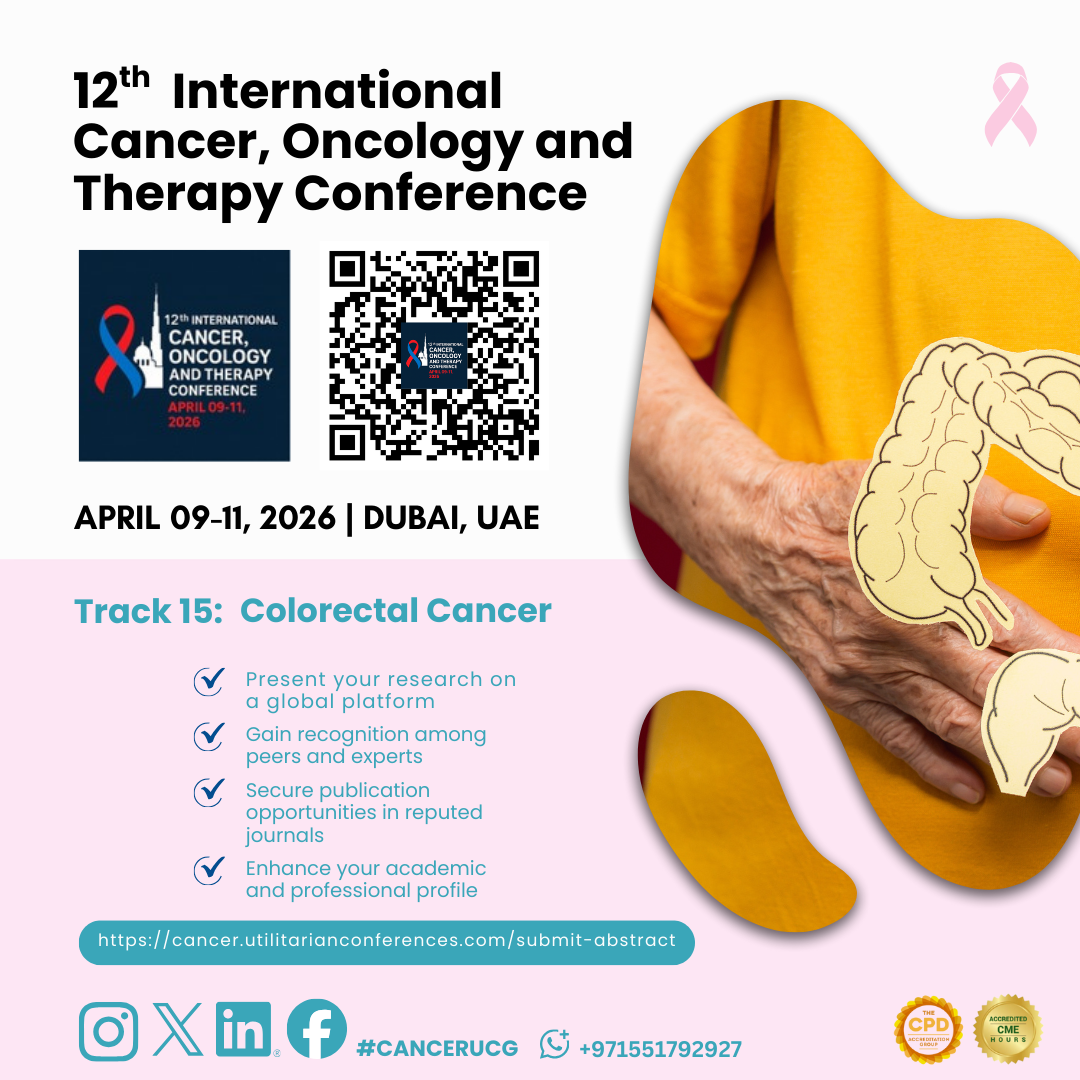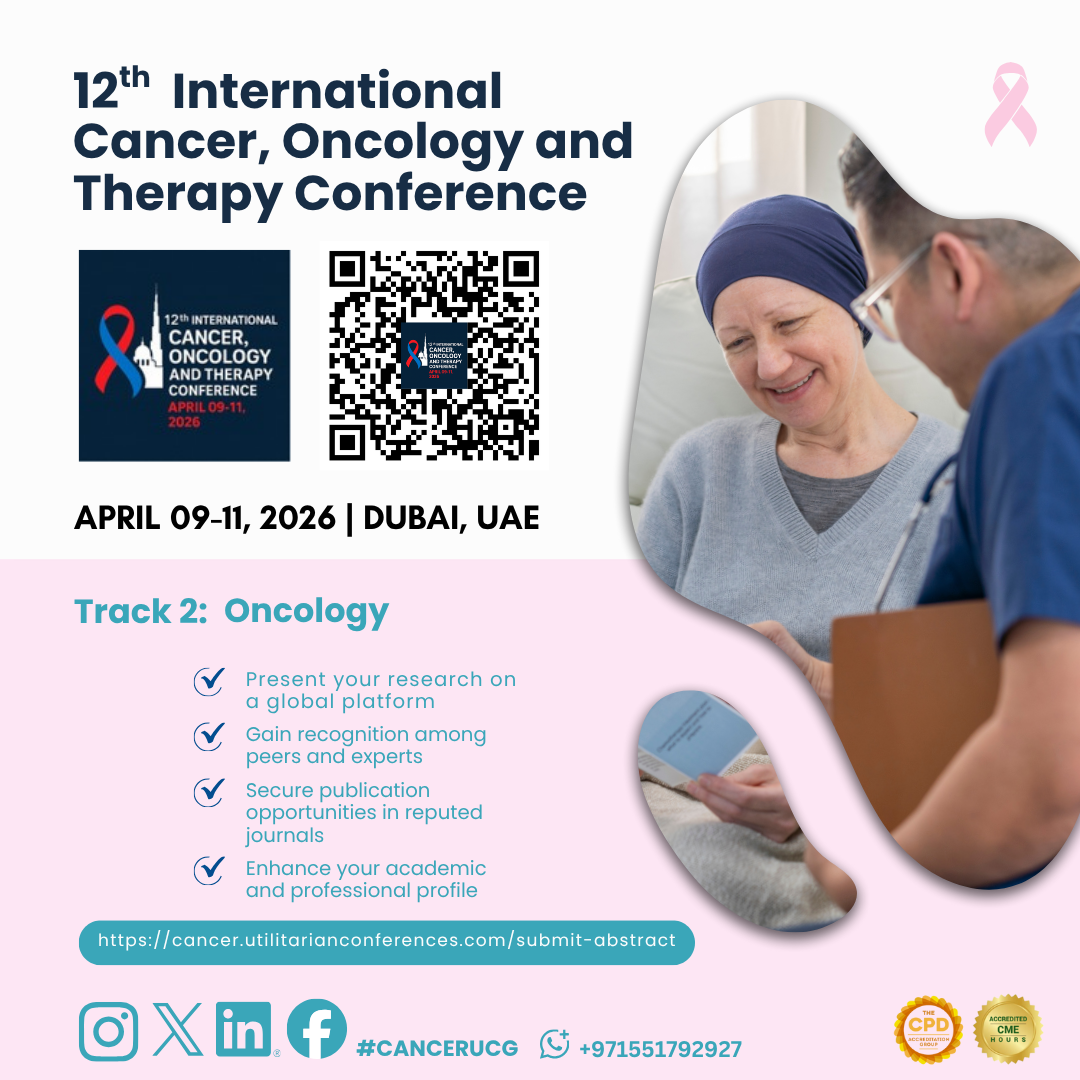sub tracks:
· Risk Factors/Prevention
- Age > 50
- Family history
- Lifestyle factors (e.g.,
diet, smoking, alcohol)
· Screening
- Fecal Immunochemical Test
(FIT) or Fecal Occult Blood Test (FOBT)
- Colonoscopy
- Flexible sigmoidoscopy
· Diagnosis
- Symptoms: Changes in bowel
habits, rectal bleeding, unexplained weight loss
- Imaging: CT scan, MRI
- Biopsy
· Staging (TNM Classification)
- Stage 0: Carcinoma in situ
- Stage I: Localized tumor
- Stage II: Tumor spread to
nearby tissues
- Stage III: Involvement of lymph
nodes
- Stage IV: Distant metastasis
· Treatment Options
- Localized (Stage I-II):
- Regional (Stage III):
- Surgery +
Chemotherapy (e.g., 5-FU, Capecitabine)
- Metastatic (Stage IV):
- Targeted
therapy (e.g., Bevacizumab, Cetuximab)
- Immunotherapy
(e.g., Pembrolizumab)
- Palliative
care
· Follow-Up and Surveillance
- Regular colonoscopy
- CEA (Carcinoembryonic
Antigen) blood tests
- Imaging studies for
recurrence
What is colorectal cancer ?
Colorectal cancer is
a type of cancer that starts in the colon (large intestine) or the rectum,
which are parts of the digestive system. It usually begins as small,
noncancerous growths called polyps on the inner lining of the colon or rectum.
Over time, some polyps can turn into cancer if not detected and removed early.
Key points about colorectal cancer:
- It is sometimes referred to as colon cancer or rectal cancer,
depending on its starting location.
- Symptoms may include changes in bowel habits, blood in the stool,
abdominal discomfort, fatigue, and unexplained weight loss.
- Risk factors include age (50 years or older), a personal or family
history of colorectal polyps or cancer, inflammatory bowel diseases (like
Crohn's disease or ulcerative colitis), and lifestyle factors such as
diet, lack of physical activity, smoking, and heavy alcohol use.
- Early detection through screenings like colonoscopy can
significantly improve outcomes, as it is more treatable in the early
stages.





